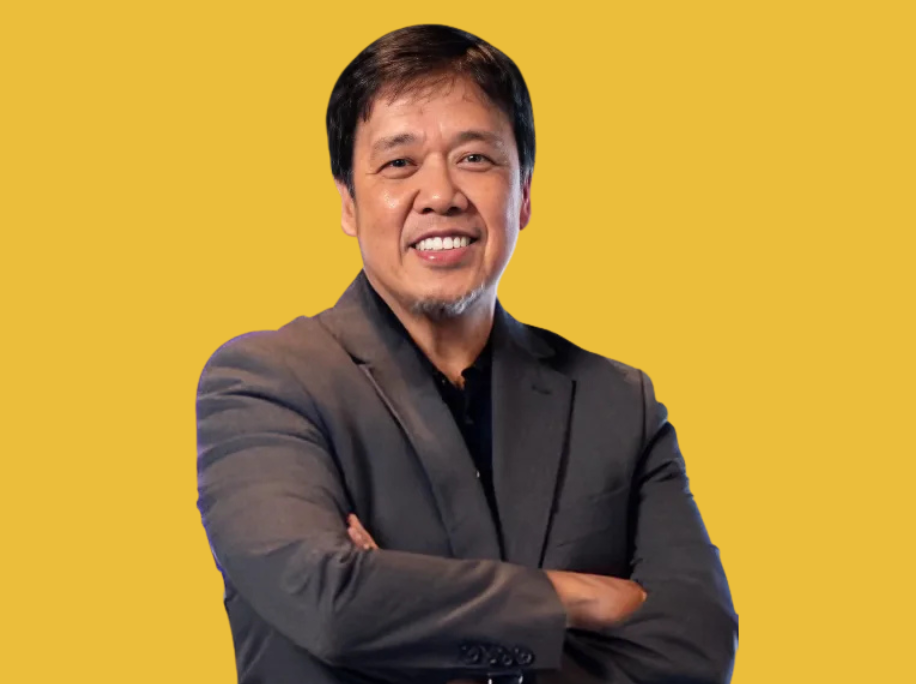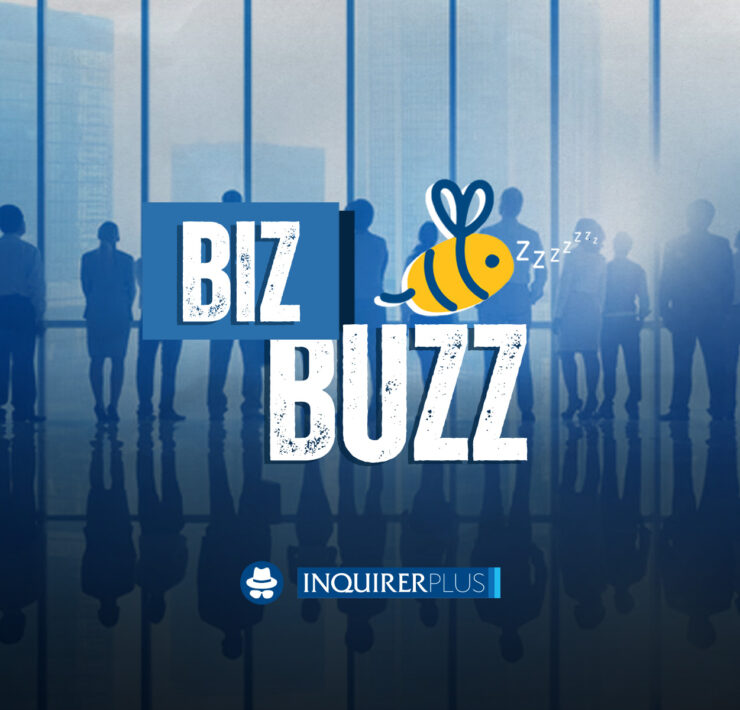Drive transformation organically

Founded in 2019, PayMongo enables businesses to accept various payment methods, from credit and debit cards to e-wallets like GCash and Maya, as well as over-the-counter payments. The user-friendly platform has gained traction among startups and small and medium enterprises (SMEs).
PayMongo also made history as the first Filipino fintech startup to secure backing from Y Combinator, and it has since attracted significant investment to fuel its growth.
In this interview, CEO Jojo Malolos shares insights on leading transformation in this fast-evolving sector.
Question: Since you took over leadership at PayMongo, what key strategic changes have you made?
Answer: The most critical strategic shift was cultural. PayMongo had been built around a startup ethos shaped by its founders, but three of them already left. The remaining cofounder, Luis Sia, stepped into a nonoperational chairperson role. This meant that while the company had a strong team of 245 people, many had been hired under a vision and culture that no longer aligned with the realities of scaling a fintech business.
One of the key changes was refocusing on market-driven innovation. Historically, product development was led by engineers and product teams, often without direct alignment with customer needs. To address this, we redefined key performance indicators to foster deeper collaboration among sales, engineering and product teams, ensuring that customer requirements became central to our strategy.
Another critical adjustment is related to organizational dynamics, accompanied by natural attrition. As the company’s vision evolved, many employees, particularly from engineering, product and sales, chose to leave, much like the founders who had hired them. This natural transition provided an opportunity to bring in new leadership aligned with the company’s evolving direction. To support this transformation, I appointed a new chief people officer who led the organizational paradigm shift, introducing clearer roles and responsibilities while reinforcing execution discipline.
We also reevaluated PayMongo’s business model and focused on achieving profitability. This involved reassessing product-market fit and redefining our go-to-market strategy. Many of our offerings were still at the minimum viable product stage and required further iteration before they could scale profitably. At the same time, investor priorities shifted from a “growth at all costs” mindset to one that emphasized growth with profitability, making capital efficiency a key focus. As a result, we streamlined operations, ensuring that growth initiatives also improved unit economics.
To accelerate execution, we embraced a fail-fast approach, continuously testing new business models while refining existing products. I also engaged directly with merchants and strategic partners, leveraging my network to unlock revenue diversification opportunities.
By the end of 2023, revenue and gross profit had grown by 60 percent, reversing the previous year’s decline. Our streamlined operations positioned us to scale efficiently, with a sharper focus on execution and market alignment as we moved into 2024.
Q: After stepping into leadership during a sensitive phase, how did you approach rebuilding trust within the company and with external stakeholders?
A: Trust had been deeply tied to the previous founders, who personally recruited much of the team. With their departure, many employees felt uncertain about the company’s future. Rebuilding trust required delivering results that validated our new direction, not just internally but also with investors and partners.
The first step was defining and communicating a clear vision. Employees needed more than just broad objectives; they needed a realistic and executable plan. We focused on measurable wins, ensuring that the team understood how their contributions directly impacted the company’s success.
At the same time, we initiated a gradual but firm cultural transformation. Many employees were still attached to the previous startup culture, where urgency and execution discipline were inconsistent. Rather than forcing immediate changes, we empowered new leaders within the team to drive transformation organically.
To reassure investors, we instilled financial and operational discipline. Concerns over PayMongo’s burn rate and profitability were addressed by improving the company’s lifetime value to customer acquisition cost (LTV to CAC) ratio from 0.64 to 2.4 by the end of 2023. By 2024, this metric had improved almost 10 times to about 5.6, proving that PayMongo could operate as a sustainable, scalable business.
These efforts produced tangible results. Without having to let go of people, workforce realignment reduced the team from 245 to 140 employees, with the remaining team fully aligned with the new vision. Cash outflows were cut by 45 percent, while the company preserved a 24-month financial runway.
By 2024, gross profit had grown four times from 2022, validating our strategy. By the end of the year, the majority of the team had full trust in PayMongo’s new direction, setting the stage for continued growth in 2025.
Q: What key lessons from PayMongo’s previous hurdles have shaped your leadership philosophy?
A: While young founders bring fresh ideas, scaling a business requires seasoned leadership. When startups transition from vision to execution, having an “adult in the room” is critical.
Another key insight is the importance of having the right chief people officer. Cultural transformation is just as vital as business strategy. Empowering a strong human resources leader to drive people, structure and execution ensures that talent evolves alongside the business.
Lastly, in a high-growth fintech environment, the ability to fail fast, learn faster and execute relentlessly is essential. Leaders must make decisions while running, continuously testing and adapting along the way.
Q: What are some innovations in PayMongo that you’re particularly proud of?
A: One of our most impactful innovations is Capital, a revenue-based lending product that allows merchants to access preapproved financing instantly. This has been a game-changer for SMEs, with over 300 merchants onboarded and a 60-percent renewal rate, all while maintaining near-zero nonperforming loans.
Another notable advancement is our expansion into nonpayment products and services, particularly through QRPH for omnichannel payments. This has allowed PayMongo to extend its footprint beyond online transactions into offline commerce. Our partnership with Lazada Philippines for QR (quick-response) payments is a key milestone in this strategy.
Q: How has your marketing strategy evolved?
A: We have shifted from a business to consumer-led approach to a business to business-focused marketing strategy. In the early days, our marketing efforts were largely driven by social media campaigns, which attracted a high volume of users but resulted in high churn and low transaction activity. Recognizing the need for a more sustainable model, we transitioned toward a merchant-focused, data-driven approach that aligns product messaging with actual business use cases.
Additionally, we embraced comarketing with merchants rather than promoting our own products independently. By integrating PayMongo’s solutions directly into our partners’ campaigns, we leveraged their existing brand equity to drive adoption. This strategy led to a tenfold improvement in our LTV to CAC ratio, proving its effectiveness.
Q: What advice would you give to startup founders scaling in today’s market?
A: The most important piece of advice is to focus on impact over hype. Fintech success isn’t about raising the biggest funding rounds; it’s about solving real problems for customers and delivering measurable value.
Founders should also avoid the common mistake of falling in love with their product rather than falling in love with market fit. Many entrepreneurs build first and look for a market later, but the right approach is to validate demand first and then build what customers truly need.
Finally, founders must recognize that profitability is not an afterthought. In today’s funding climate, businesses can no longer afford to scale at all costs. Growth must be unit-economically viable from the start to ensure long-term success.
Josiah Go is chair and chief innovation strategist of Mansmith and Fielders Inc. He is also cofounder of the Mansmith Innovation Awards. To ask Mansmith Innovation team to help challenge assumptions in your industries, email info@mansmith.net.





















Talent, transition and continuity: 2026 hiring and succession in PH economy